All About Nut Choppers
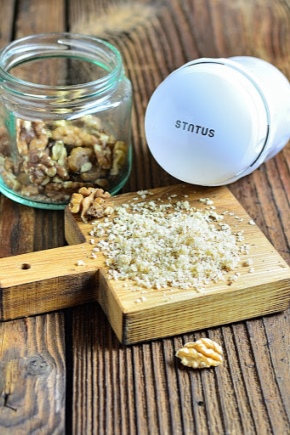
Knowing everything about nut grinders is a must for both ordinary housewives and experienced chefs. There are household manual and electric cedar and other nut crushers, kitchen and industrial options. And you need to know how to choose all this.
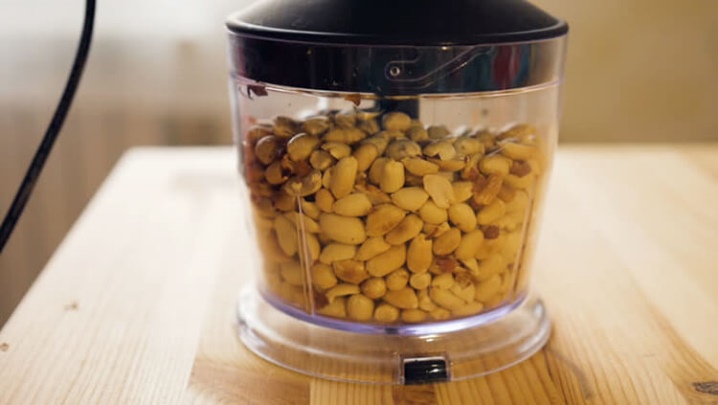
Peculiarities
The handling of many foodstuffs necessarily implies their crushing (splitting into parts). It is possible to do this manually, but it is completely inconvenient and impractical. And the performance of such work is questionable. A nut chopper can come to the rescue. Such devices take up relatively little space.
Other important properties are noted:
-
ease of assembly and disassembly;
-
ease of washing;
-
predominantly work from electricity;
-
decent noise;
-
difference in device dimensions;
-
the difference in the types, number and sizes of knives;
-
mostly unsuitable for other options for kitchen work;
-
the need to clearly understand why such a device is needed (or not needed).
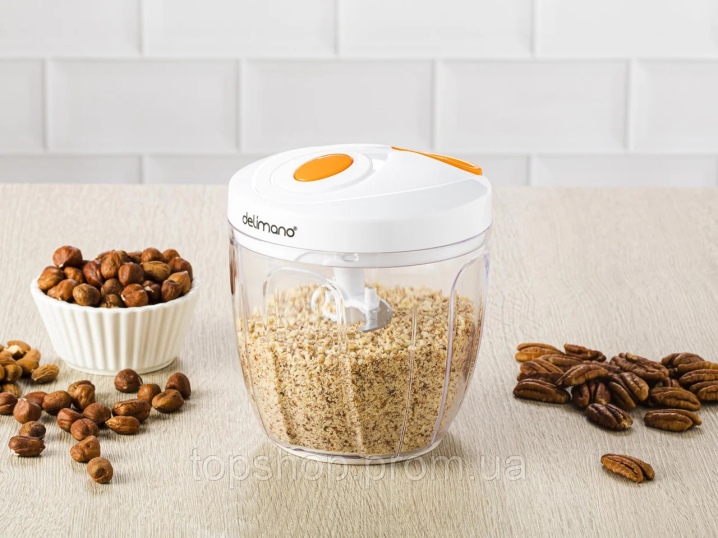
Views
For a household kitchen, you can get by with a hand grinder (mortar). It is just a reservoir of sturdy stone. In some versions, the stone is replaced with metal or ceramics. The use of the device is quite simple. You just have to make an effort to do everything.
When working with a mortar, nuts:
-
cleanse;
-
put in a container;
-
handle carefully;
-
when lumps or large fragments appear, they are additionally crushed.
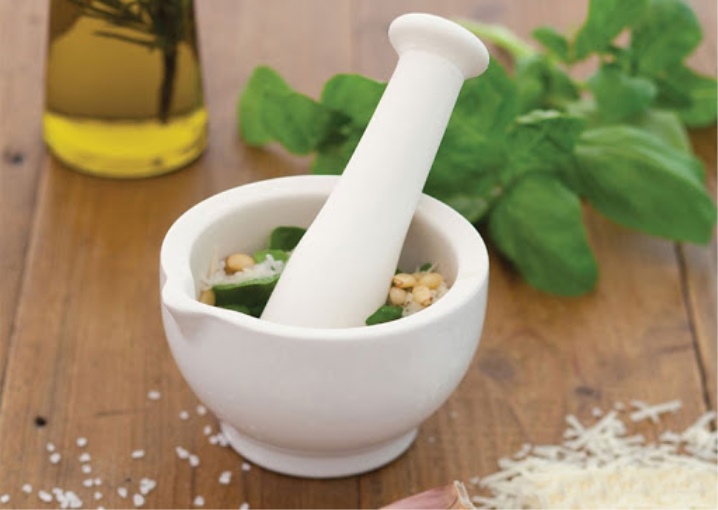
A more advanced electrical apparatus is blender... It can be safely used for kitchen work, even on an industrial scale. The device is suitable for pine nuts and other hard fruits. After passing through a blender, there are no small lumps left that make it difficult to prepare the pasta.
But blenders also vary quite a bit. So, stationary models chop nuts well. There is no need to manually insert the whisk or other parts. All the work is done by a nozzle knife attached at the preparation stage. The nozzle can be straight or curved; it already depends on the aesthetic intentions of the manufacturer.
Submersible devices not very suitable for working with nuts. They do not grasp well those parts of the bookmark that are located at the edges of the container. Therefore, the work becomes much more complicated. However, in cases where the lumps do not matter for some dish, the choice of this device is quite justified.
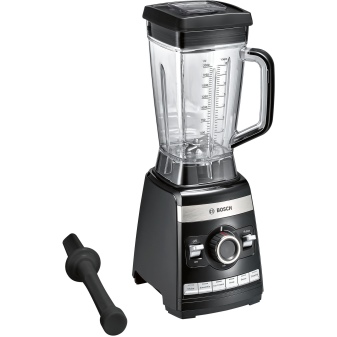
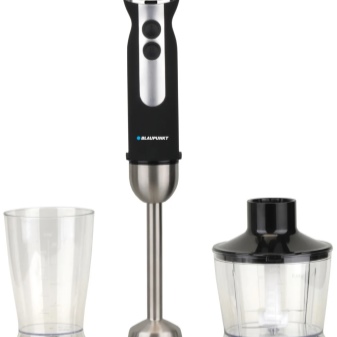
Any blenders are also good because they can be used to work with a number of other products.
How to choose?
It is easy to understand that a simple mortar is justified only with a very small amount of work. When once a year you have to fill a couple of bowls with crushed nuts - this is still normal. But for systematic work, the choice will only be between simple grinders and blenders. In this case, you should focus on:
-
the number of processed products;
-
the need for additional functionality;
-
desired fineness;
-
a list of types of nuts that can be processed.
Technically, shredders can be hammer-type. In addition to moving hammers, "fingers" do the work in them. Sometimes such devices are called rotary grinders or crushers. They work with:
-
various spices;
-
sugar;
-
coffee beans.
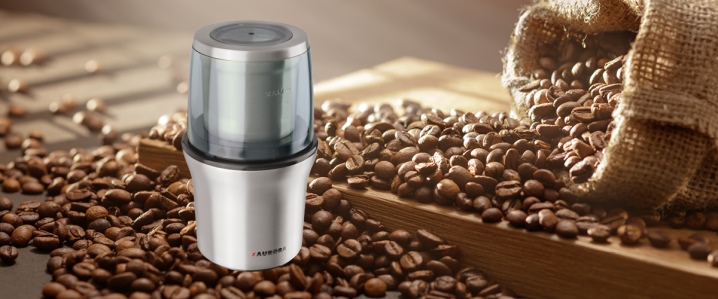
Hammer systems are almost silent and quite reliable. Serving them is easy. Easy to work with a variety of dense products. If the choice is on hammer technology, you need to look at:
-
estimated service life;
-
warranty period;
-
the material from which the main part is made.
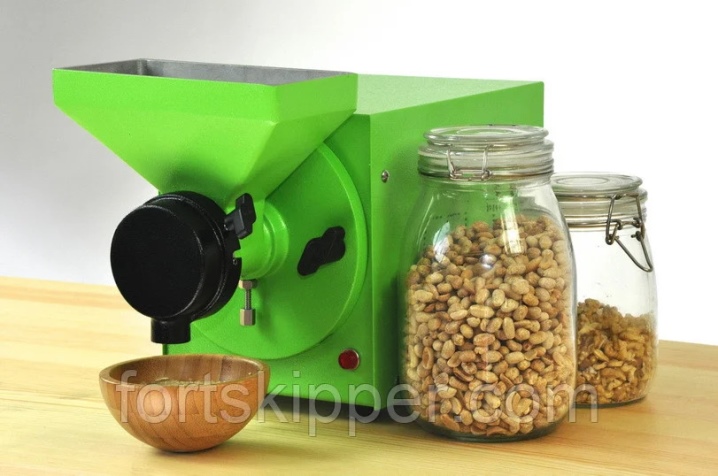
Roller crushers, aka mills, perform just as well. Such models are reliable and efficient. Grinding allows you to quickly and finely grind the original product. As in the previous case, the material of the working body is important. It is also worth inquiring about the possibility of repairing rolls.
Walnut models may contain knives. Cone grinders are more often taken to a professional kitchen. And the most modern (and they are the most expensive and voluminous, of course) versions can use several crushing methods at once. The size of the split particles is as follows:
-
finely crushed from 1 to 25 mm;
-
coarse grinding from 500 microns;
-
average grinding from 100 microns;
-
finely ground nuts from 40 microns (anything less already belongs to the superfine class).
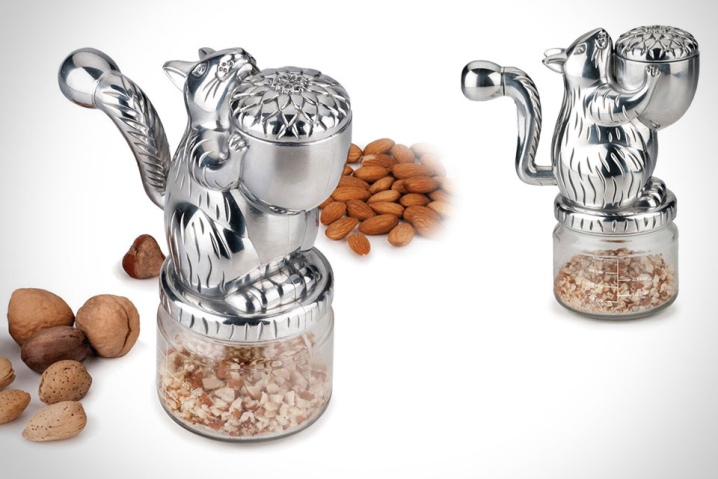
Grinding modes are also important. The interval or pulse version is faster than usual and is suitable for particularly hard foods. Turbo is the fastest, but requires taking breaks. It is very good if there is a mode with smooth gear shifting. You should also consider:
-
bowl volume (according to power);
-
the presence of an upper hole for adding products;
-
present nozzles;
-
availability of certificates;
-
consumer reviews.
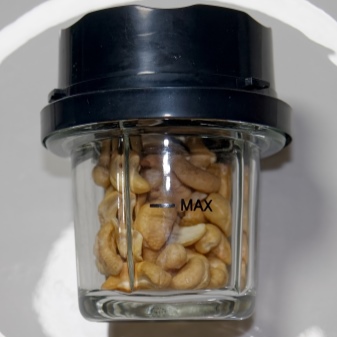
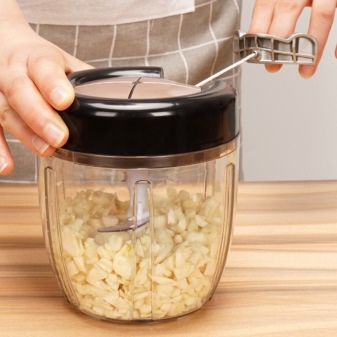
The thick glass bowl is environmentally friendly and comfortable. Plastic is much lighter and breaks less. But good plastic doesn't come cheap.
If strength is in the foreground, you need to choose a steel model. The overheating prevention option is useful in any case.
Of the manufacturers noteworthy:
-
Tefal;
-
Philips;
-
Moulinex;
-
Bosch;
-
Gorenje.
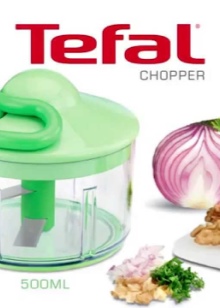
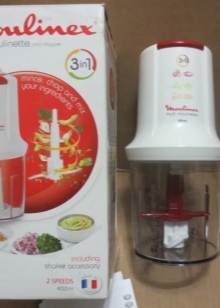
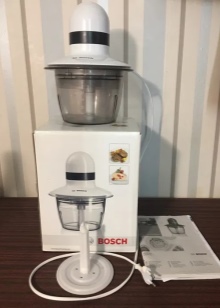













The comment was sent successfully.